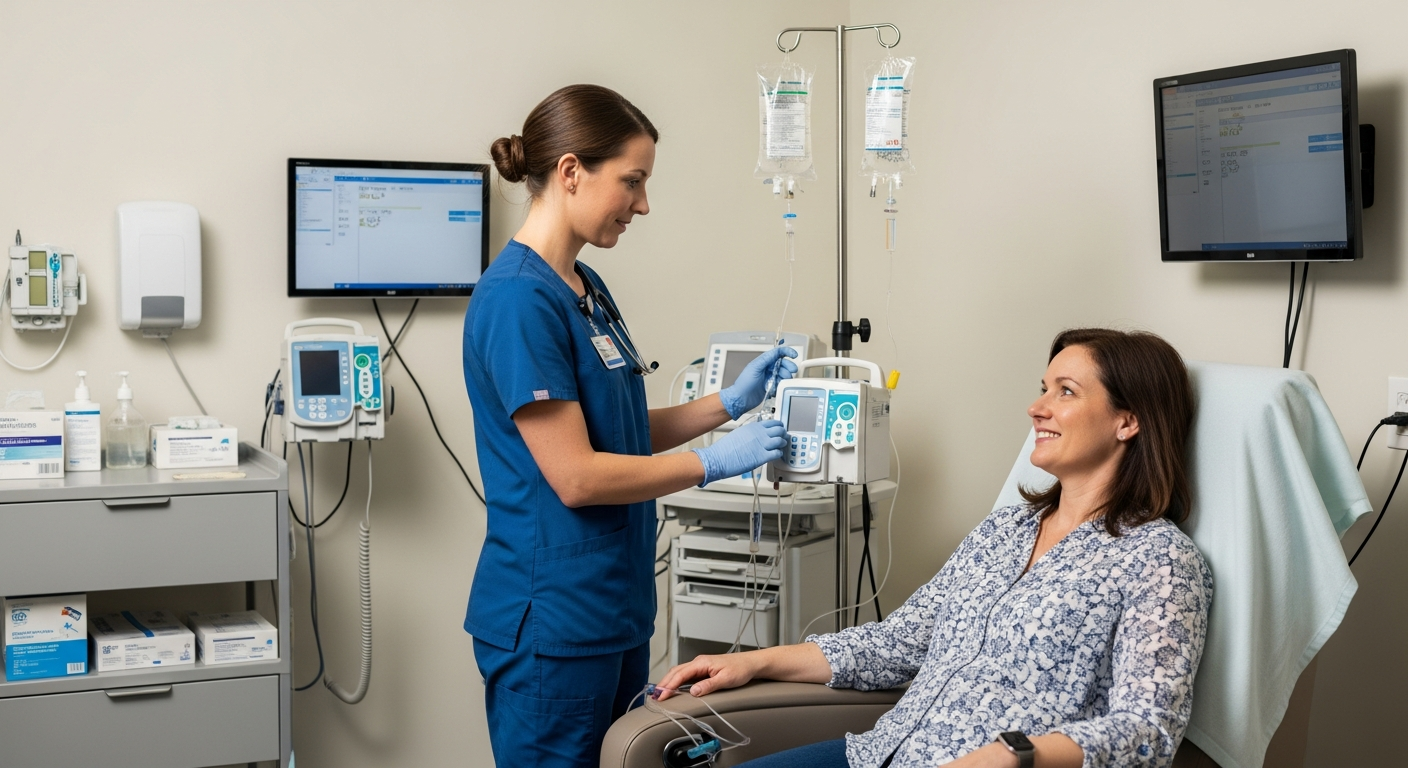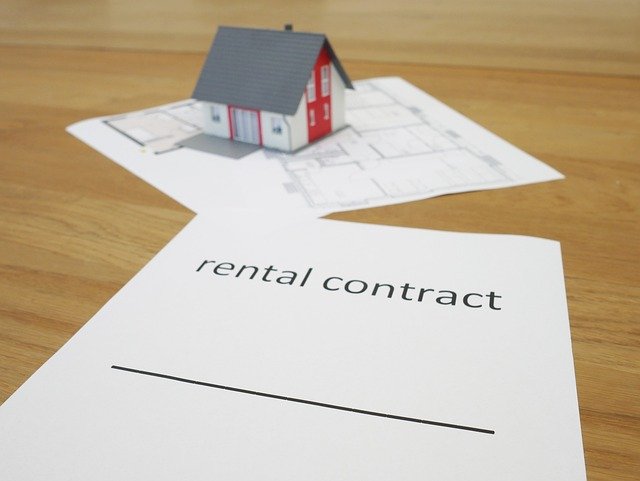Feeling Low Lately? A Brief Guide to Taking a Depression Test Online
Many people experience periods of low mood, but distinguishing between temporary sadness and clinical depression can be challenging. Online depression tests have become increasingly popular as accessible screening tools that help individuals assess their mental health symptoms from the comfort of their homes. These digital assessments, while not diagnostic tools, can provide valuable insights into your emotional well-being and guide you toward appropriate professional support when needed.

Understanding the Signs: Common Symptoms of Low Mood and Depression
Depression manifests differently in each person, but several common symptoms indicate when professional evaluation may be necessary. Persistent sadness lasting more than two weeks, loss of interest in previously enjoyable activities, and significant changes in sleep patterns are primary indicators. Physical symptoms often accompany emotional ones, including fatigue, changes in appetite, difficulty concentrating, and unexplained aches or pains.
Other warning signs include feelings of worthlessness or excessive guilt, irritability, restlessness, and thoughts of death or suicide. Social withdrawal, decreased productivity at work or school, and neglecting personal hygiene or responsibilities also signal potential depression. It’s important to note that experiencing occasional low moods is normal, but when multiple symptoms persist and interfere with daily functioning, professional assessment becomes crucial.
Exploring Online Depression Tests: How Do They Work?
Online depression tests typically utilize established psychological screening tools adapted for digital platforms. Most reputable assessments are based on validated instruments like the Patient Health Questionnaire-9 (PHQ-9) or the Beck Depression Inventory. These tests present a series of questions about your thoughts, feelings, and behaviors over recent weeks, asking you to rate the frequency or intensity of various symptoms.
The process usually takes 5-15 minutes and involves answering questions about sleep patterns, mood changes, energy levels, and daily functioning. Advanced online assessments may include additional modules addressing anxiety, stress levels, and specific life circumstances. Upon completion, you receive an immediate score or rating that categorizes your results as minimal, mild, moderate, or severe symptoms, along with general recommendations for next steps.
Weighing the Pros and Cons of Self-Assessment Tools for Mental Health
Online depression tests offer several advantages, including accessibility, anonymity, and convenience. They’re available 24/7, eliminate geographical barriers, and can be particularly helpful for individuals who feel hesitant about seeking professional help initially. These tools can serve as a first step in recognizing mental health concerns and may provide documentation to discuss with healthcare providers.
However, significant limitations exist. Online tests cannot replace professional diagnosis or consider individual circumstances, medical history, or co-occurring conditions. They may produce false positives or negatives, potentially causing unnecessary anxiety or dangerous complacency. Additionally, these assessments lack the nuanced understanding that trained mental health professionals provide through clinical interviews and comprehensive evaluations.
What Happens After an Online Depression Test? Important Next Steps to Consider
Receiving your online depression test results marks the beginning, not the end, of your mental health journey. If results suggest mild symptoms, consider lifestyle modifications such as regular exercise, improved sleep hygiene, stress management techniques, and maintaining social connections. Documenting your symptoms and monitoring changes over time can provide valuable information for future healthcare discussions.
For moderate to severe results, scheduling an appointment with your primary care physician or a mental health professional becomes essential. Prepare for this visit by writing down specific symptoms, their duration, and any triggers you’ve identified. Consider bringing family members or trusted friends who can provide additional perspective on changes they’ve observed in your behavior or mood.
Expert Insights: When to Seek Additional Support Beyond an Online Assessment
Mental health professionals consistently emphasize several scenarios where immediate professional intervention supersedes online screening results. Any thoughts of self-harm or suicide require immediate attention through emergency services, crisis hotlines, or emergency room visits. Similarly, if depression symptoms significantly impair your ability to work, maintain relationships, or perform daily activities, professional evaluation shouldn’t be delayed.
Experts also recommend professional consultation when online test results conflict with your personal experience or when symptoms persist despite self-help efforts. Individuals with chronic medical conditions, those taking medications that may affect mood, or people with family histories of mental health disorders should prioritize professional assessment over self-screening tools.
Accessing Professional Mental Health Services in Your Area
Finding appropriate mental health support varies significantly based on location, insurance coverage, and specific needs. Many regions offer community mental health centers that provide sliding-scale fees based on income. Employee assistance programs through workplaces often include confidential counseling services, while telehealth platforms have expanded access to licensed therapists and psychiatrists regardless of geographical constraints.
Universities and training institutions frequently operate low-cost clinics staffed by supervised graduate students, providing quality care at reduced rates. Additionally, many insurance plans now cover mental health services at parity with physical health benefits, though specific coverage details require verification with individual providers.
Online depression tests serve as valuable screening tools that can initiate important conversations about mental health. While they cannot replace professional diagnosis or treatment, these assessments provide accessible entry points for individuals questioning their emotional well-being. Remember that seeking help demonstrates strength, not weakness, and that effective treatments exist for depression. Whether your results suggest mild concerns or more serious symptoms, taking action to understand and address your mental health needs represents a positive step toward improved well-being and quality of life.
This article is for informational purposes only and should not be considered medical advice. Please consult a qualified healthcare professional for personalized guidance and treatment.




